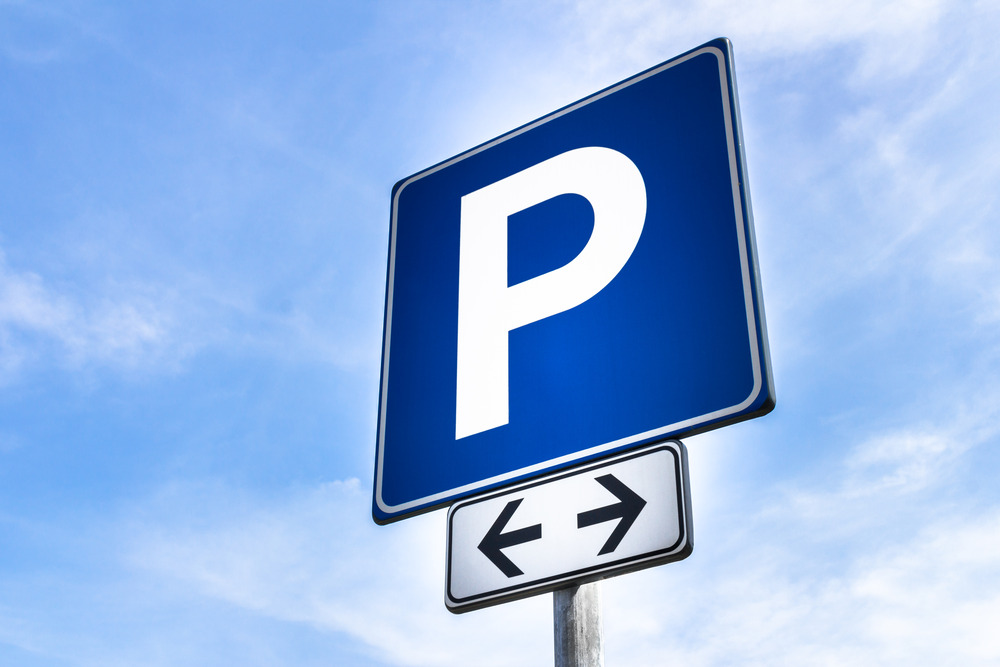
Parking is often the last thing people think about, but it can change your day. If parking is hard to find or expensive, it can cause stress and waste time. A little planning before you leave can make things much easier. Just like you check opening times or train tickets, it also helps to check where to park. It only takes a few minutes to sort out but can save you a lot of trouble.
Why Should You Think About Parking Before You Leave?
Some car parks fill up fast, especially near busy places or at certain times of day. If you arrive without a plan, you might drive around for ages to find a spot. This can make you late or miss part of your plan. Parking too far away or unclear can make the day feel rushed or awkward. Thinking about it early helps your day start more smoothly.
How Does Your Destination Affect Where You Should Park?
Where you’re going changes what kind of parking works best, a short trip to the shops is different from a full day at a museum or park. You might want to park nearby if you’re carrying bags or walking with children. For events or longer visits, it can help to choose a long-stay car park instead. The kind of place you’re visiting tells you a lot about the parking you’ll need.
Do You Need to Book a Space, or Can You Pay on Arrival?
Some places let you book a parking space online before you go, which is helpful if you know when and where you’ll arrive. Booking ahead often means less stress when you get there. Paying on arrival might still be fine in smaller towns or quiet streets. It’s worth checking the car park’s website or signs to see what’s offered. If you’re not sure, it’s safer to book in advance where possible.
How Much Time Should You Allow to Park and Reach Your Plans?
It’s easy to forget how long it takes to find a spot, pay, and walk to your destination. If you’re heading to an appointment, show, or train, it’s best to allow extra time. A five-minute walk can become more if the car park is full or you take a wrong turn. Parking well and allowing a little extra time helps you stay relaxed. It’s one of the easiest ways to avoid being late.
Are There Any Rules or Limits You Might Miss?
Car parks often have signs with time limits, charges, or rules about where to park. Missing these details can lead to a fine or having to move your car during the day. Read the signs carefully and check if you need a ticket or display. Some areas also have resident-only parking or short-stay zones. Knowing the rules before you leave the car helps you avoid problems later.
What If You’re Using Public Transport as Part of Your Day Out?
Many people drive part of the way and then take the train or bus to their final stop. If that’s your plan, it helps to look for car parks near the station or bus stop. For example, you can find good parking options near Preston train station if you catch a train from there. This can make your journey much easier and save time on both ends. Planning means your trip starts without stress.
How Can You Make Parking Easier for Groups or Families?
Parking with others means you might need more space or a safer place to get in and out. Families with young children or older adults benefit from car parks with wider bays and step-free paths. It also helps to park close to your destination to avoid long walks. If you're in a group, choose one car park everyone can find easily. Thinking about everyone's needs makes the day go more smoothly.
Can Local Parking Websites Help You Choose the Right Spot?
Some towns have websites that list nearby car parks, their opening hours, and prices. These sites can save you time by showing the best places to park before you arrive. One useful site is carparkchester.co.uk, which offers parking details for Chester and nearby areas. Using a local site gives you more up-to-date and reliable information. A quick check online can save you from guessing when you arrive.
Conclusion: How Can Good Parking Choices Improve Your Whole Day?
Choosing the right parking spot can help you stay on time, feel less rushed, and enjoy your day more. A small amount of planning before you leave can make a big difference once you arrive. It helps avoid stress, confusion, and last-minute changes. Parking may not seem like a big deal, but it affects how the rest of your plans go. The rest of your day can run much better with the right space sorted.